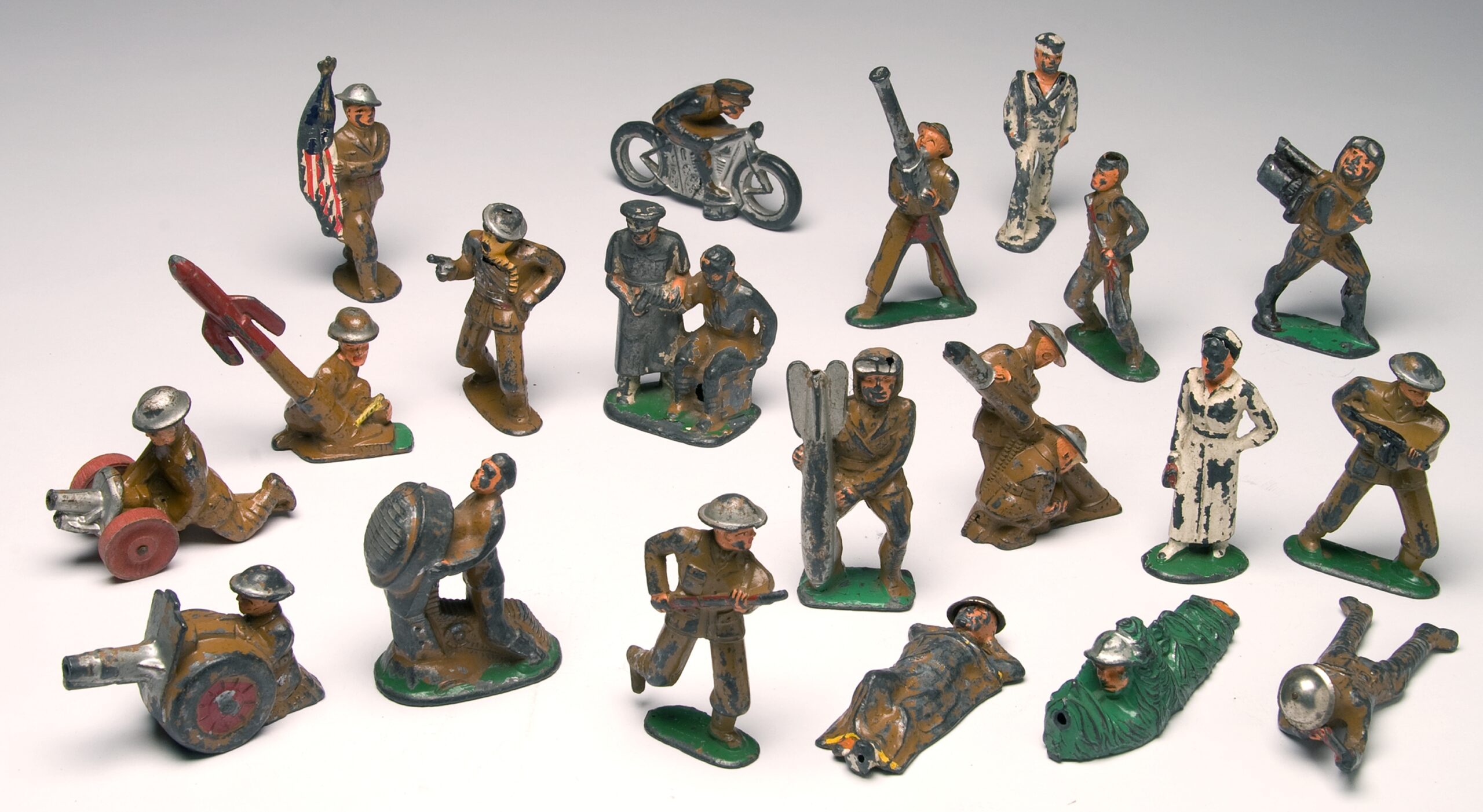How to trigger a war: three easy lessons for Australia
July 24, 2022
One: Select your grievance. Two: Insult and belittle your adversary. Three: Brace yourself…
Over the past month the ABC has been replaying The Hollow Crown, a TV series based on Shakespeare’s history plays. Henry V is claiming some French dukedoms he believes are his by inherited right.
The Dauphin sends an envoy with a suggestion for peace talksand as a flattering inducement, a wondrous gift. A box of treasure.
But what’s this? A gift fit for a … child? For the giddy young Prince Hal the king used to be? A box of tennis balls! What an unspeakable insult!
Naturally Henry, enraged by the mockery, attacks. In his own words, the tennis balls become cannon balls. Untold suffering ensues.
Readers of Pearls and Irritations will have no difficulty hearing echoes of this war-trigger as they ricochet down the ages into our present world. One article after another calmly draws our attention to the fact that sneers, insults and scorn provoke wars, and that as a result we are all now in danger. If poked hard and often enough, even the mildest, sweetest bear will finally erupt in a fury of snarls and slashing claws. Chinanever the mildest or sweetest of creatures…and why would it be?is clearly in the sights of many a cold-eyed watcher.
Twentieth century history positively seethes with examples of unnecessary insolence and stupidity triggering disaster. Australia has certainly not been exempt. When you think about it, even proud Anzac Day’s invasion of Turkey was an up-you assault on a enemy of Mother England’s that had done us no harm, and threatened none. But we longed for Mother’s approval, and the security it would surely guarantee. And this despite reports, not long after Gallipoli, of a very early German appeal to Britain for a peace conference. Some historians believe all that fawning colonial kow-towing to the lords of Empire only buttered them up and stiffened their resolve to fight that stupid, good-for-nothing war to the bitter end.
So however remoteand even fancifulthe connection may seem, Australia’s WWI obsequious tugging the forelock might actually have played some part in triggering one avoidable twentieth century world crisis after another: a step-by-step slide into a string of catastrophes…
Had the lordly British Empire, basking in power and narcissism as it was, agreed to those early peace proposals, would there for certain have been a Russian Revolution? Almost two million Russian soldiers died in that war; the nation’s economy had been smashed; millions were famished and desperate enough to lash out at the Tsar, who was naturally blamed for the disaster.
Then, swiftly following, the Treaty of Versailles: vicious punishment and humiliation heaped onto a Germany forced to admit guilt for the war. Reparations so vast and shaming they beggared the nation. Without them, would the next inevitable link in the chain have followed? Fascism, and the furious rise of Hitler?
Had early peace talks taken place and the worst of the war been avoided, would there have been such a ruinous Great Depression? And without fascism’s stiff-arm salute flashing round Europe, would a Spanish Civil War have erupted? Then would humiliated Germany’s rage for vengeance have triggered World War II?
And what of the next inevitable link: that seismic thunderbolt, nuclear weapons? Then the Cold War? Now NATO’s sly moves eastward, and Russia’s vengeful 2021 snatch at Ukraine?
“Ah, but beware appeasement!” you might retort. “Look what happened last time, with Hitler!” I can only answer that Chamberlain’s attempts at appeasement came far, far too late. By then the triumphant arrogance of Versailles had long done its worst.
The Liberal leader Peter Dutton famously warned that if we want peace, we should prepare for war. That is not how most of us deal with the irritating guy over the fence, whose lawnmowing wakes us too early in the morning or whose wood fire spews out too much smoke. Instead, we try a friendly chat. We explain our situation, offer mild suggestions. Maybe even a bit of a conciliatory promise of our own. Finally, with a parting grin, we slap him cheerily on the back. Diplomacy! The very stuff of good neighbourliness…
On 9 July 2022, Teow Loon Ti wrote in Pearls and Irritations that Dutton’s advice “should be replaced by Confucius maxim that if we are thinking of destroying our enemy, we should dig two graves.”
A wise warning. Clearly the tidal undertows from those pitiably ill-considered goings-on from our warlike past still lap around us menacingly to this day…

